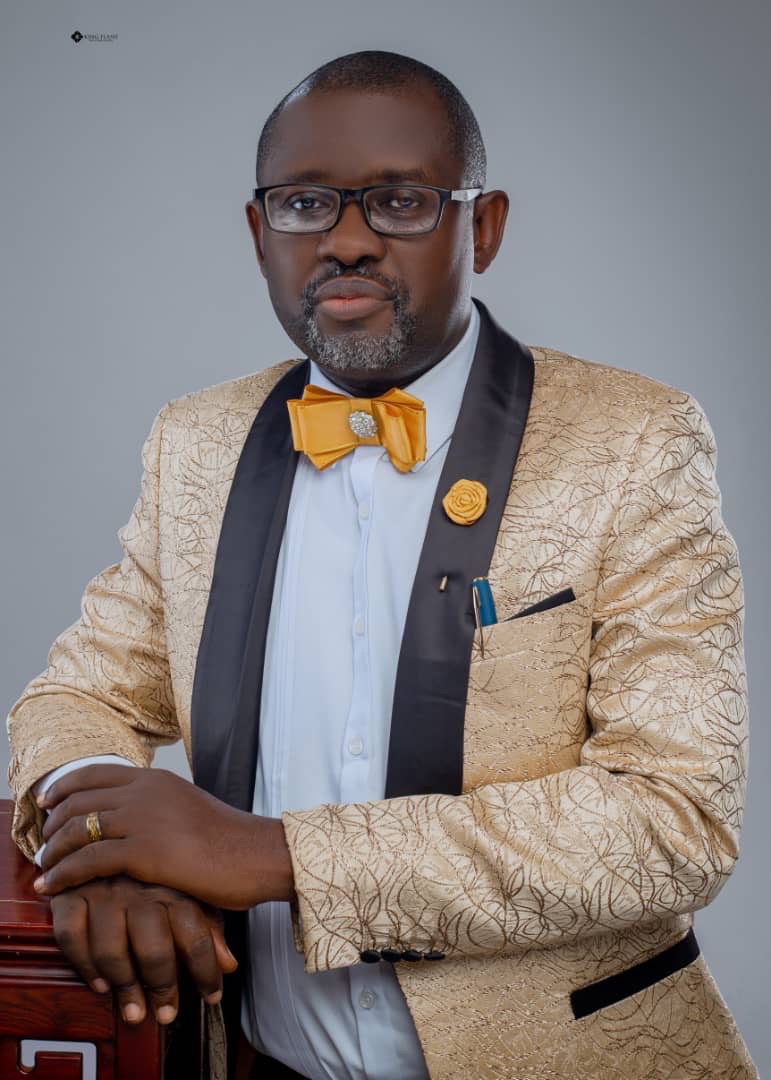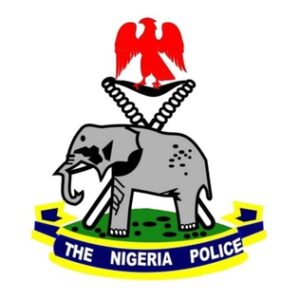THE TASK BEFORE THE NEW INEC CHAIRMAN – PROF. JOASH OJOAMUPITAN, SAN By Olayinka Olatunbosun, Ph.D

In a significant development for Nigeria’s democracy, the National Council of State has unanimously approved the appointment of Professor Joash Ojo Amupitan SAN as the Chairman of the Independent National Electoral Commission (INEC) and the Senate subsequently confirmed his nomination.
His appointment marks the beginning of a pivotal chapter for INEC: one in which expectations are elevated, skepticism remains, and the challenge of delivering credible elections lies squarely on his shoulders.
Prof. Amupitan was born 25 April 1967 in Ayetoro-Gbede, Ijumu LGA, Kogi State. He attended the University of Jos where be bagged all his law degrees – LL.B 1987, called to bar 1988; LL.M 1993 and Ph.D Law 2007. He was appointed Senior Advocate of Nigeria (SAN) in 2014. He served as Head of Department of Public Law, Dean of Faculty of Lawand Deputy Vice-Chancellor (Administration) all at the University of Jos. He has published works on corporate governance, documentary evidence, law of trusts etc.
These credentials suggest someone steeped in rule-of-law disciplines, institutional governance and scholarly reflection—qualities that many will say are precisely what INEC needs in this moment.
The Stakes for INEC under Amupitan
The commission now under his stewardship faces a suite of complex tasks; how he responds will shape the credibility of elections and public confidence for years to come. Among the most pressing:
1. Restore Public Trust & Credibility
Over recent election cycles, concerns have persistently arisen around delayed results, the integrity of the voter register, and logistical glitches. A chairperson who can project independence, transparency and impartiality will be vital. His track record in academia and non-partisan functions may help in this regard.
2. Strengthen Voter Registration and Data Integrity
One of the foundations of credible elections is a robust voter database. Ensuring that all eligible citizens are registered, that records are accurate, and that the process is open to audit will be key. The 2027 general elections loom large, and preparatory work must begin in earnest.
3. Harness Technology & Logistics for Efficiency
Technology has the potential to speed results and improve transparency—but only if properly implemented and secured. The right integration of electronic transmission, verification tools and result-management systems must be matched with contingency plans and local infrastructure realities.
4. Uphold Institutional Independence
Amupitan inherits an institution that must balance enormous political pressures. How he engages with parties, the government, state actors and the international community will test his resolve. His independence—and the perception of it—will be essential.
5. Navigate Electoral Reform and Legal Challenges
Nigeria’s electoral legal framework has been under review for some time. The chair must engage with stakeholders to ensure that laws, regulations and processes keep pace with contemporary challenges: candidate screening, campaign finance, media regulation, vote buying, and post-election litigation. His legal scholarship gives him solid foundations here.
6. Ensure Operational Readiness for Upcoming Elections
Between now and 2027 there are likely to be off-cycle elections (governorship, state assemblies) and therefore INEC must be operationally ready: training staff, procuring materials, coordinating logistics across states and LGAs, and working effectively with security agencies. Any failure on this front can damage the commission’s reputation.
The Strategic Task-List Ahead
For Prof. Amupitan to succeed, a plausible agenda might include:
• Audit and update the voter register state by state, engaging civil society and technology partners.
• Publish a clear timeline of reforms and operations so citizens can hold INEC accountable.
• Secure and test all electoral technologies, including transmission systems, in multiple pilot runs.
• Strengthen INEC’s staff training programmes to reduce human error during polls.
• Enhance collaboration with political parties, media, observer missions and CSOs to reduce suspicion and build collective ownership.
• Enforce legal sanctions for election infractions and ensure that the burden of proof and the process of adjudication are transparent and timely—lest post-election disputes dominate the narrative.
• Communicate effectively with the public: ramp up outreach, educate voters on rights, and issue accessible, timely updates during elections.
Challenges That Could Trip Up Progress
Even with a strong chairperson, obstacles abound.
• Entrenched interests: Political parties or actors comfortable with the status quo may resist reforms that threaten irregular advantages.
• Infrastructure and funding constraints: Nigeria’s size and complexity mean that logistics are costly; delays in funding or procurement may hamper execution.
• Security concerns: Electoral violence, intimidation or disruption in volatile zones remain a risk—adequate coordination with security agencies and community actors is essential.
• Public expectations: The honeymoon period will be short. Any significant failure early on (e.g., botched registration, delayed results) could undermine confidence in Amupitan’s leadership and INEC’s credibility.
• Legal delays: Even if INEC performs well, slow court decisions or unclear post-election dispute resolution can erode the perceived success of the process.
Looking Ahead: A Few Indicators to Watch
ATTENTION: Follow 9jaReporters on Instagram for a chance to win ₦100,000 in our Top Fans Challenge!
JOIN NOW to participate and stand a chance to win exclusive prize ons, free airtime, and exciting gifts!
FOLLOW US TODAY! DON’T MISS OUT!
• Will the updated voter register show reduced incidences of “ghost voters” and duplicate entries?
• How fast will results be announced in upcoming polls? Will the cycle for results speed up meaningfully?
• What level of stakeholder (political parties, civil society, media) buy-in does INEC achieve in reform initiatives?
• Will scandal-free off-cycle elections (governorships/state assemblies) be delivered before the big 2027 general elections?
• How will INEC handle major legal challenges: will the burden of proof in electoral cases begin to shift as some analysts suggest?
Final Word
Prof. Joash Amupitan SAN steps into office at a moment of heightened demand: for transparent elections, for institutional integrity, for technological efficiency, and for strengthened democracy in Nigeria. If he can translate his academic rigor, legal expertise and governance experience into credible action at INEC, this could mark an era of renewed confidence in the country’s electoral system.
However, lofty credentials alone are no guarantee. The proof will lie in what happens when registration kiosks open, ballots are cast, results tallied, and votes transmitted. For the millions of Nigerians whose democratic hopes rest on INEC’s performance, “tasks before” the new Chairman are not optional—they are urgent.
Dr. Yinka Olatunbosun was the Labour Party Candidate in Ife East Local Government for the Osun State House of Assembly during the last general election in 2023.




